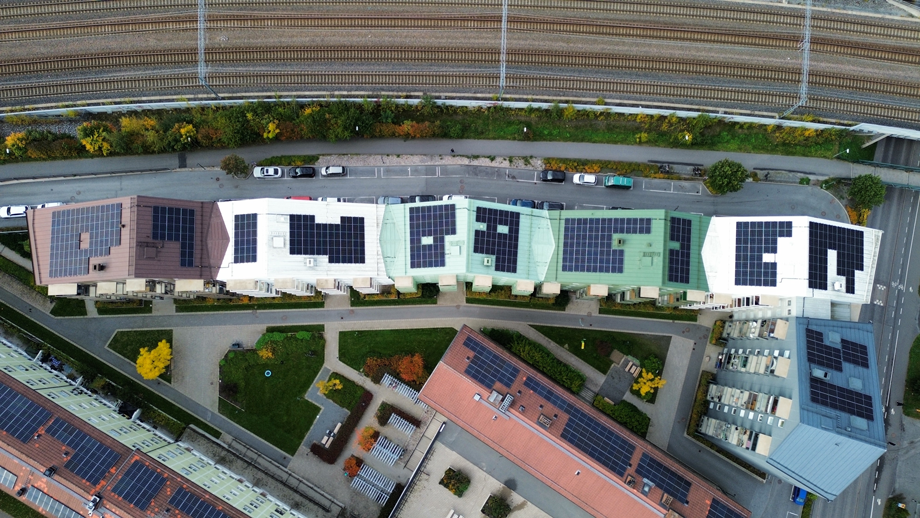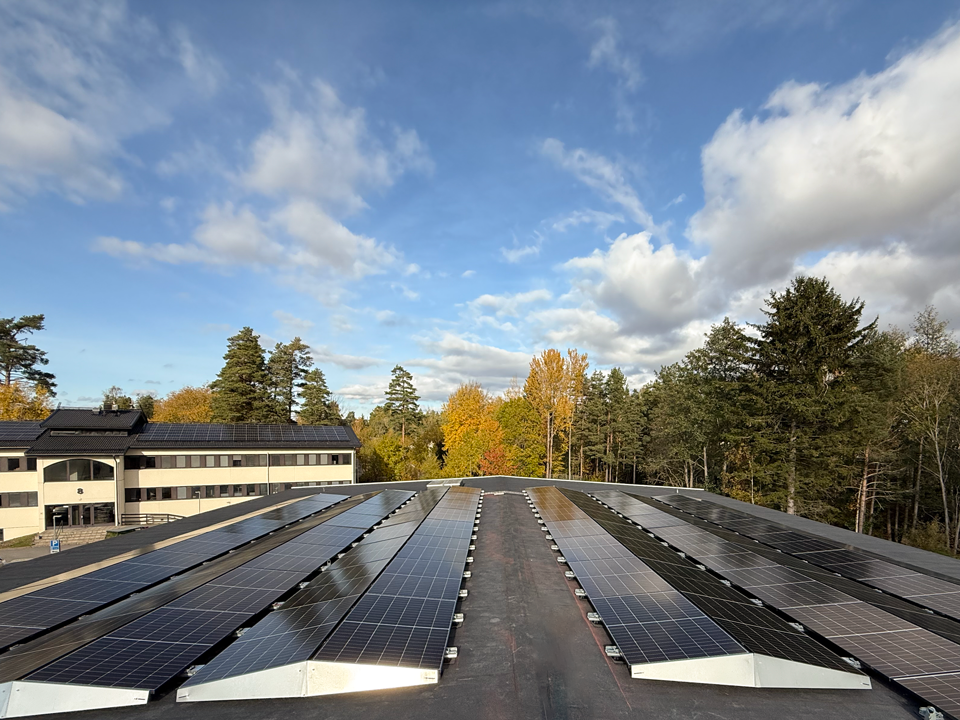For the first time, the EU has adopted emergency legislation in renewable energy. The electricity crisis has affected all of Europe, partly due to Russia's invasion of Ukraine, and therefore, the EU energy ministers have now responded to the high electricity prices.
Starting in January, EU member states will be able to take advantage of faster lead times for the delivery and installation of solar cells by shortening bureaucratic processes for solar installation projects. It is still unclear how Sweden will interpret the directive, which would mean that lead times would be shortened to a three-month deadline.
"We urge network operators to think creatively and work to enable urgent solar energy development," comments Dries Acke, Policy Director at SolarPower Europe, in a press release.
Specifically, lead times should be shortened and applied to "artificial structures". What this refers to is up to each individual country to decide. What can be included within the designation are industrial and industrial areas as well as transport infrastructure such as carports or parking lots, or along highways and railways.
– The energy crisis requires an emergency measure. The IEA believes that we need at least 60 GW of solar energy by next winter to compensate for the shortage of Russian gas. This emergency regulation will help us deliver the necessary solar electricity to keep the lights on, says Walburga Hemetsberger, CEO of SolarPower Europe.
The regulation is expected to enter into force as early as January 2023 and will apply for 18 months, according to the press release, and can be applied to projects that started before June 2024.
SolarPower Europe is the European trade association for renewable energy. SBP was the first Swedish player to engage internationally through membership in the organization.





